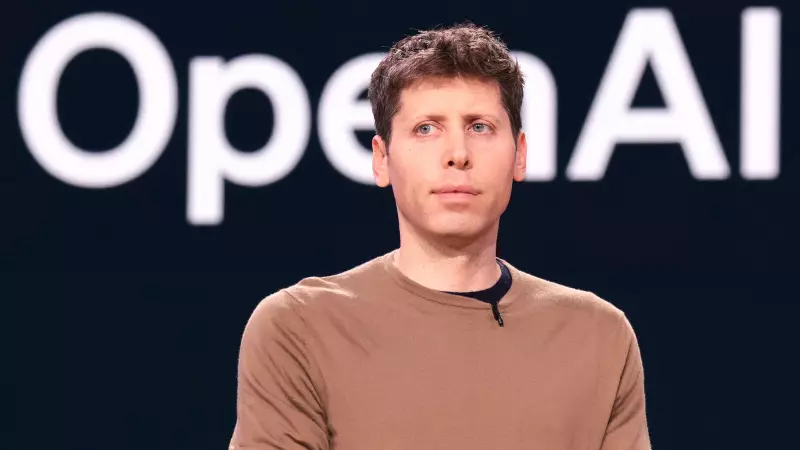
The realm of artificial intelligence continues to expand at a breathtaking pace, and OpenAI's ChatGPT might soon venture into an exciting new domain: music creation. While currently excelling at text-based tasks, the AI chatbot could potentially compose melodies and harmonies in the future, revolutionizing how we think about creative expression.
The Current Landscape: ChatGPT's Musical Limitations
Presently, ChatGPT faces significant constraints when it comes to generating actual music. The AI model operates primarily through text, making it impossible to produce audio files, musical notation, or direct sound output. When users request music creation, the system can only provide theoretical descriptions, chord progressions, or lyrical suggestions rather than audible compositions.
This limitation stems from ChatGPT's fundamental architecture as a language model trained on textual data rather than audio waveforms or musical structures. The absence of musical training data and audio processing capabilities creates a substantial barrier between the AI's current abilities and genuine music production.
OpenAI's Vision: Bridging the Gap Between Text and Sound
Despite these challenges, OpenAI appears to be laying the groundwork for future musical capabilities. The company's strategic approach involves several key developments that could eventually enable ChatGPT to transcend its text-only boundaries:
- Multimodal Integration: OpenAI is actively working on incorporating multiple data types, including audio and potentially musical elements
- Advanced Training Methods: Future iterations could include training on musical datasets, enabling pattern recognition in melodies and harmonies
- Collaborative Tools: Initial implementations might focus on AI-assisted composition rather than fully autonomous music creation
Potential Applications and Industry Impact
The integration of music generation capabilities into ChatGPT could transform multiple creative industries:
For Musicians and Composers
Professional musicians could leverage AI as a collaborative tool for brainstorming melodies, generating chord progressions, or overcoming creative blocks. The technology might serve as a digital muse, providing endless variations and suggestions that artists can refine and personalize.
For Content Creators
YouTubers, podcasters, and digital marketers could generate royalty-free background music tailored to specific moods, durations, and styles. This would democratize access to custom musical scores without requiring extensive production budgets.
For Music Education
Students learning music theory could interact with ChatGPT to understand complex concepts, analyze musical structures, and receive personalized composition exercises. The AI could adapt to different skill levels and learning styles.
Technical Challenges and Ethical Considerations
The path to AI-generated music isn't without obstacles. Several critical issues need addressing before ChatGPT can reliably create music:
- Copyright and Originality: Ensuring generated music doesn't infringe on existing copyrighted material
- Audio Quality: Achieving professional-grade sound production rather than basic MIDI-like outputs
- Emotional Depth: Creating music that resonates emotionally rather than just following mathematical patterns
- Artist Compensation: Developing fair models for compensating musicians whose work might train these systems
The Future of AI in Music Creation
While ChatGPT cannot currently produce music, the rapid advancement of AI technology suggests this capability might emerge sooner than expected. OpenAI's continuous improvements in multimodal AI systems indicate that text-to-music generation could become a reality within the next few years.
The integration of music creation would represent a significant milestone in AI's creative potential, blurring the lines between human and machine-generated art. As these technologies develop, they'll likely complement rather than replace human musicians, creating new collaborative possibilities that enhance rather than diminish artistic expression.
For now, musicians and AI enthusiasts alike watch with anticipation as OpenAI continues to push the boundaries of what artificial intelligence can achieve in the creative arts. The day when you can ask ChatGPT to "compose a jazz piece in the style of Miles Davis" might be closer than we think.





